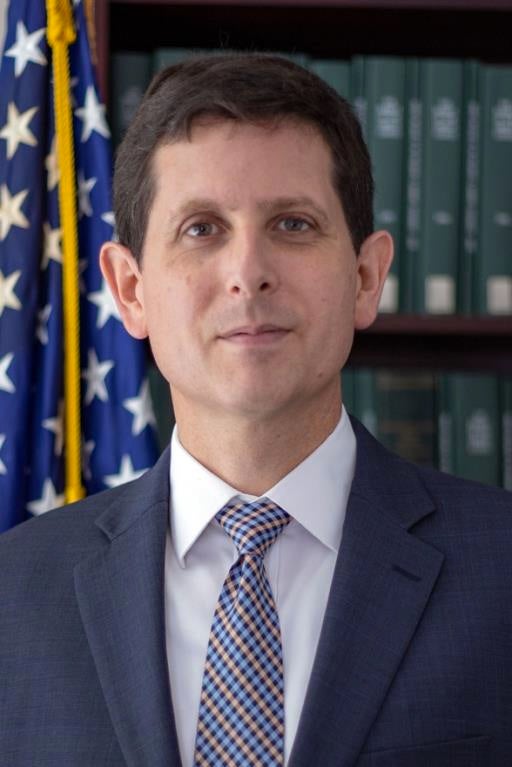
Phillip Swagel
Director
Congressional Budget Office
PHILLIP SWAGEL became the 10th director of the Congressional Budget Office on June 3, 2019. Previously, he was a professor at the University of Maryland’s School of Public Policy and a visiting scholar at the American Enterprise Institute and the Milken Institute. He has also taught at Northwestern University, the University of Chicago’s Booth School of Business, and Georgetown University. His research has involved financial market reform, international trade policy, and China’s role in the global economy. From 2006 to 2009, Swagel was assistant secretary for Economic Policy at the Treasury Department, where he was responsible for analysis of a wide range of economic issues, including policies relating to the financial crisis and the Troubled Asset Relief Program. He has also served as chief of staff and senior economist at the Council of Economic Advisers in the White House and as an economist at the Federal Reserve Board and the International Monetary Fund. He earned his Ph.D. in economics from Harvard University and his A.B. in economics from Princeton University.
PHILLIP SWAGEL became the 10th director of the Congressional Budget Office on June 3, 2019. Previously, he was a professor at the University of Maryland’s School of Public Policy and a visiting scholar at the American Enterprise Institute and the Milken Institute. He has also taught at Northwestern University, the University of Chicago’s Booth School of Business, and Georgetown University. His research has involved financial market reform, international trade policy, and China’s role in the global economy. From 2006 to 2009, Swagel was assistant secretary for Economic Policy at the Treasury Department, where he was responsible for analysis of a wide range of economic issues, including policies relating to the financial crisis and the Troubled Asset Relief Program. He has also served as chief of staff and senior economist at the Council of Economic Advisers in the White House and as an economist at the Federal Reserve Board and the International Monetary Fund. He earned his Ph.D. in economics from Harvard University and his A.B. in economics from Princeton University.